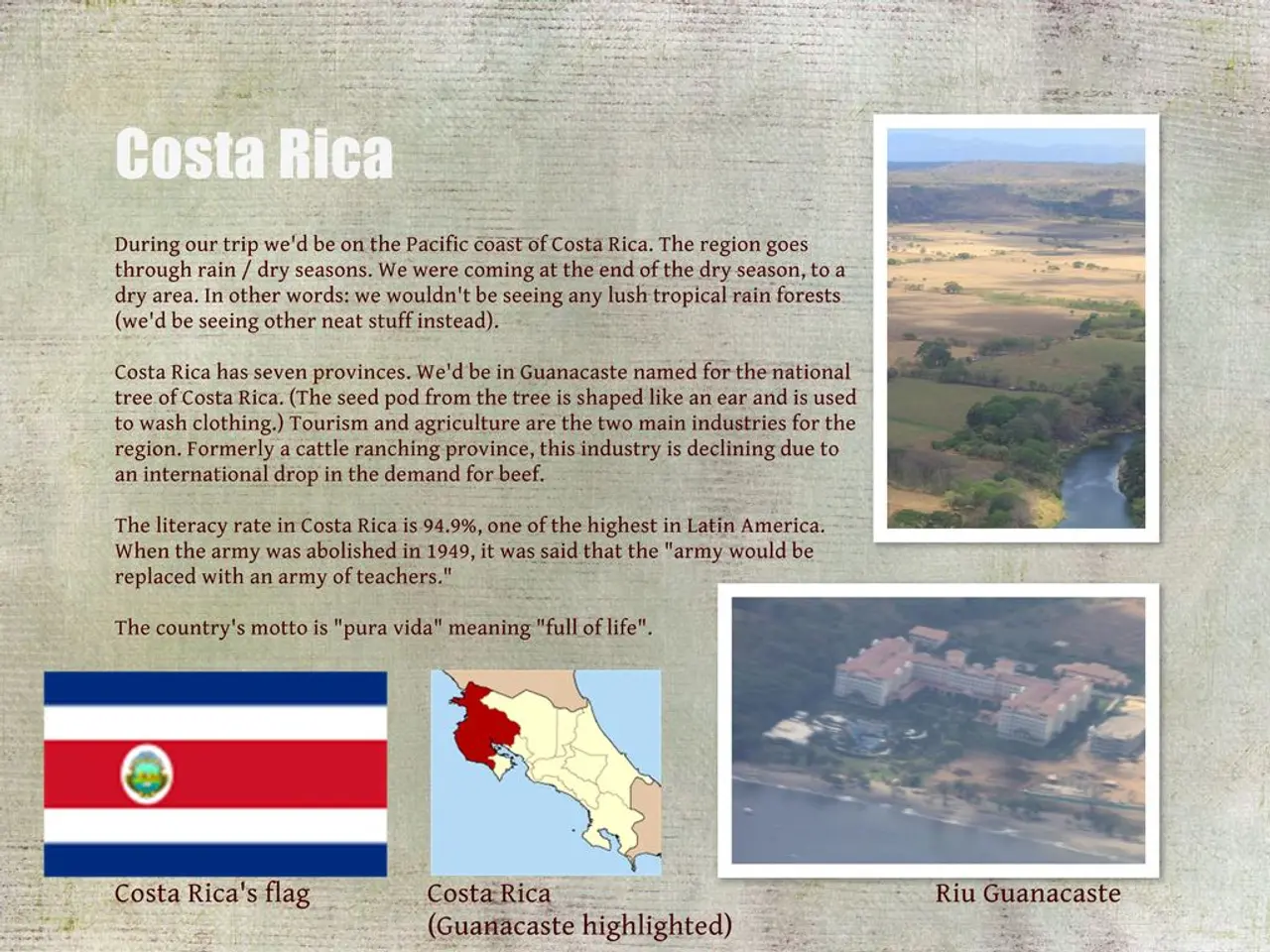Transylvanian Route (Via Transilvanica) to seek official recognition following the issuance of rules by the Romanian government regarding national trails.
In a significant milestone for Romania's hiking trails, the Via Transilvanica has been recognised as a winner in the Citizens' Engagement and Awareness-raising category of the European Heritage Awards in 2023, also clinching the Public Choice Award. This long-distance trail, developed by the non-profit organisation Tașuleasa Social, spans across various counties and local communities, demonstrating its potential for reconnecting with nature, economic development of rural communities, and national pride.
The trail, stretching from Putna in the north to Drobeta Turnu Severin in the south, covers a distance of 1,599 km. It is marked with signposts and andesite milestones, each individually carved by Romanian and foreign artists, adding a unique touch to this cultural-historical journey. Via Transilvanica is divided into eight regions: Bucovina, The Highlands (Ținutul de Sus), Terra Siculorum, Terra Saxonum, Terra Dacica, Terra Banatica, Terra Romana, and Terra Borza Teutonica.
The success of Via Transilvanica highlights the potential of transparent and institutional collaboration on long-distance trails in Romania. Tașuleasa Social considers the recently issued norms a "huge step" transforming the trail into a national reality. The organisation believes in Romania's "huge" potential in the area of hiking and is working on a file for the recognition of Via Transilvanica as the first officially accredited long-distance trail in Romania.
If successful, the recognition of Via Transilvanica will demonstrate the possibility of transparent and institutional collaboration on a trail spanning 10 counties and over 120 local communities. This recognition will also open opportunities for European funding and international cooperation aimed at rural development, sustainable tourism, and conservation of cultural and natural assets.
The government of Romania has issued methodological norms regulating hiking trails of national interest, following Law No. 288/2024. These norms establish the first coherent and accessible legal framework for the development, protection, and promotion of long-distance hiking trails, especially those of national significance. The law addresses the sub-Carpathian regions known for unique cultural and natural heritage, providing a viable model of local development through walking tourism, cultural identity reinforcement, and hospitality growth.
With a solid legal framework and a network of involved partners, hiking can become a means of reconnecting with nature, economic development of rural communities, and national pride in Romania. Via Transilvanica, inaugurated in 2022 after four years of work involving local communities and over 10,000 volunteers, is a testament to this potential. It showcases 12 UNESCO World Heritage Sites and crosses ten counties, making it an essential part of Romania's national tourism and conservation frameworks.
With the success of Via Transilvanica, outdoor-living and home-and-garden enthusiasts can now explore Romania's unique rural landscapes, blending lifestyle options with a sense of national pride. This recognized long-distance trail, stretching over various counties and local communities, demonstrates a possibility for reconnecting with nature while promoting sustainable tourism and economic development in Romania.




